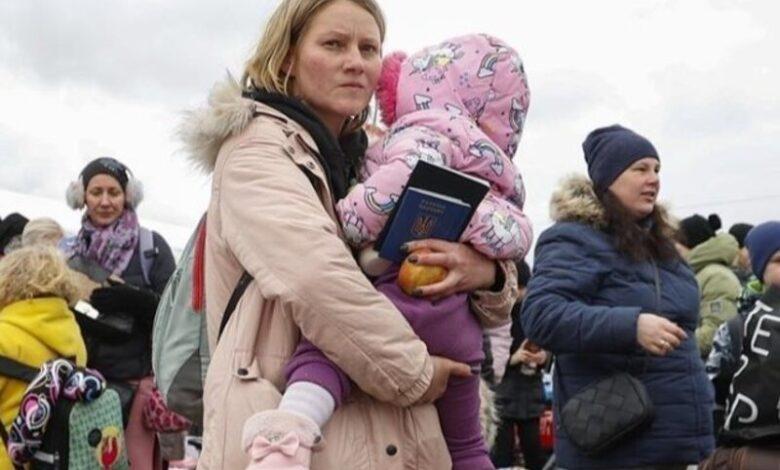Women do not want to return: a worrying shift in moods among Ukrainian female refugees in Poland.

In the fourth year of the war in Ukraine, an increasing number of Ukrainian women who have found temporary shelter in the countries of the European Union openly say that they do not plan to return home even after the end of hostilities. This trend, which previously seemed to be a temporary reaction to the war, is now taking on the characteristics of a long-term social transformation. For the first time, the majority of Ukrainian women in Poland openly admit that they do not see a future for themselves in Ukraine.
New data of sociologists
According to the results of a recent study conducted by the Laboratory for the Study of Wars and Catastrophes of the Pedagogical University named after Commission of National Education in Kraków, over the past six months, the share of women who plan to return home after the end of the war has significantly decreased.
According to published by the results, only 31% of Ukrainian women currently intend to return to Ukraine after the cessation of hostilities. For comparison: in the previous stage of the same study, there were 42% of them. That is, in half a year, the indicator decreased by 11 percentage points. The same number — 31% — declares their desire to stay in Poland forever.
In addition, 13% of surveyed Ukrainian women expressed their desire to acquire Polish citizenship. This is another indicator of deeper integration, which testifies not only to adaptation, but also to a change in the perception of the “temporality” of one’s stay in Europe.
Sociologists emphasize: this trend is becoming more and more noticeable and is connected not only with the security situation, but also with the fact that in Poland many women saw real opportunities for a stable life, education, work and development, which they lacked in Ukraine both before and during the war. Respondents explain their reluctance to return to the lack of prospects for self-development, uncertainty in the reconstruction of the country after the war, instability and lack of social guarantees. For many, Poland, with its openness to Ukrainians, the possibility of legalizing their stay, access to education, medicine and the labor market, became not only a refuge, but also a space for realization, a new start that opens access to resources that they did not have in Ukraine even in peacetime.
Fears, fatigue and cold calculation
It should be noted that most refugee women do not perceive the decision to stay abroad as a betrayal. On the contrary, in their choice there is a lot of pain and at the same time rational fear for the future of the children, their own safety and stability. After years of loss, separation, sirens, economic turbulence and emotional exhaustion, women increasingly ask themselves: what awaits me at home?
Some women directly indicate that they do not believe that the state will provide fair social support, decent living and working conditions, real changes in attitudes towards women and the family, as well as systemic security guarantees in the long term.
As of January 31, 2025, according to official data, 4.3 million Ukrainians were under temporary protection in the EU. At the same time, a gradual reduction in the number of refugees is recorded in several countries – Denmark, France, Austria, Lithuania. However, in Poland, which has received the most Ukrainians since the beginning of the war, the situation remains stable: most women have adapted, integrated and no longer see themselves as temporary guests.
The current gap between the expectations of the Ukrainian authorities regarding the return of refugees and the real attitudes of women in Europe is one of the most profound social challenges of the post-war future. If the state fails to offer a convincing vision of a restored country, the loss of millions of active, educated, able-bodied women could become permanent—with all the consequences for the economy, demographics, and social balance.





